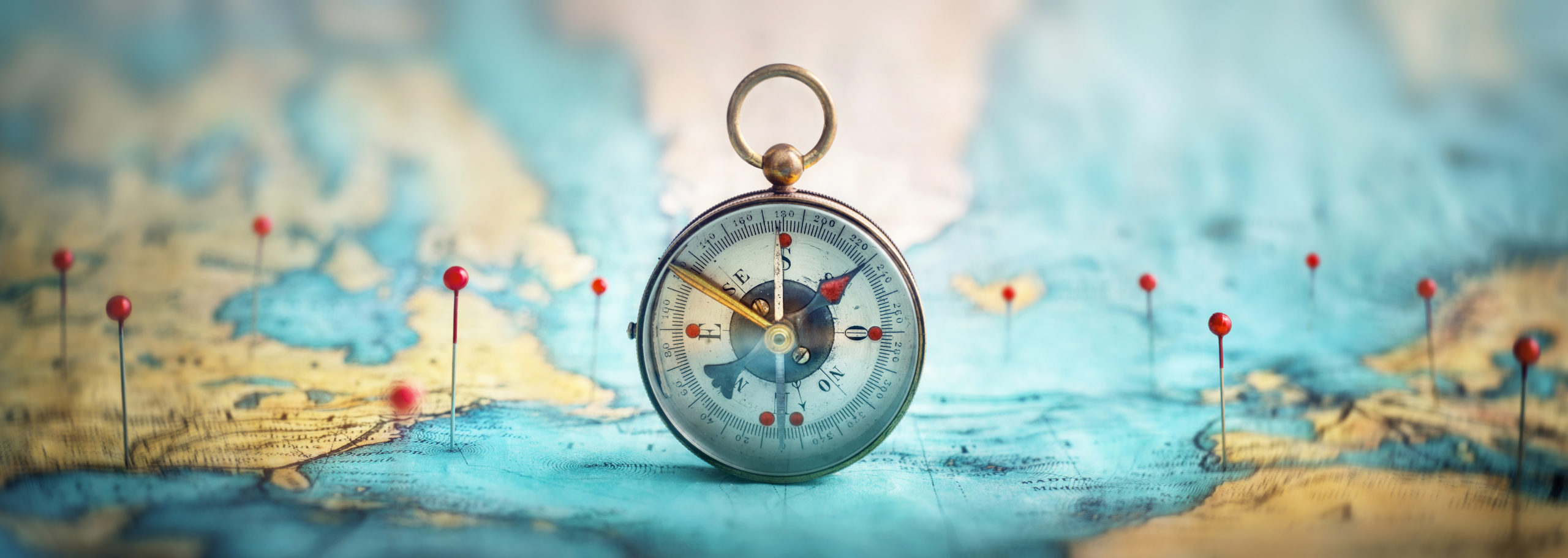Geography

Geography has two main areas. Firstly, there is the human geography. Geography incorporates aspects of sociology, economics, history, and politics. Geography is also the study of people’s interaction with the built environment and the spatial distribution of societies. Then there is the physical. This is the study of physical, chemical, and biological processes in the earth’s environment.
Education
There are a number of options for students hoping to study Geography at third-level. You can take geography along with related subjects. These include Planning & Environmental Policy (UCD), Outdoor Education & Leisure (GMIT), or Political Science (TCD). Alternatively, you can also take it as an optional subject as part of a general Arts degree. As part of an Arts degree, students are introduced to both Physical and Human Geography.
Physical Geography subjects include:
- Climatology: the study of weather patterns over prolonged periods, such as decades, centuries, millennia, etc.
- Atmospheric Science: studying our planet’s atmosphere and its processes
- Biogeography: the distribution and changing patterns of life on Earth
- Meteorology: short-term (in comparison with Climatology) weather processes and forecasting
- Geomorphology: understanding landscapes and how they take shape
Consequently, you will need to have an interest in science.
Typical first-year subjects in Human Geography include:
- History of Urbanisation: from the first settlements to today’s sprawling metropolises
- Population Studies: migration, settlement, distribution of wealth, etc
- Globalisation: how global forces impact on a local area
You will also learn to research and analyse geographical data. A key instrument in this process is Geographic Information System (GIS). This software enables geographers to efficiently capture, store, analyse, manage, and present spatial information.
Students also learn about how various environmental have emerged from mankind’s interaction with the environment. This includes issues such as unsustainable development and pollution as well as climate change.
In addition, the course includes several practical classes. Laboratory work, projects, and fieldwork all help students develop skills in collecting information and analysing results.
The Work
Even though not many people describe themselves as geographers, this is a subject that offers many career options. Geographers can be involved in tasks as diverse as cartography (the science of map drawing), planning aid budgets, carrying out national surveys, monitoring levels of pollution, and conserving our national heritage sites.
Geography can be attractive to students who enjoy a mixture of arts and science subjects. You will need a head for statistical data, good communication skills, and the ability to work well within a team. A large degree of technical and IT skills are often required for this work.
Geography graduates can find themselves working in a variety of different environments, from science labs to county council offices and field research sites, both close to home and abroad. Tools range from a bucket and spade to the most advanced laboratory technologies.
Did you know?
The Chinese city of Wenquan, standing at 5,099 metres above sea level, is the highest city in the world. The second-highest city, at an elevation of 5,019 metres, is La Rinconada in Peru.


Leave a comment